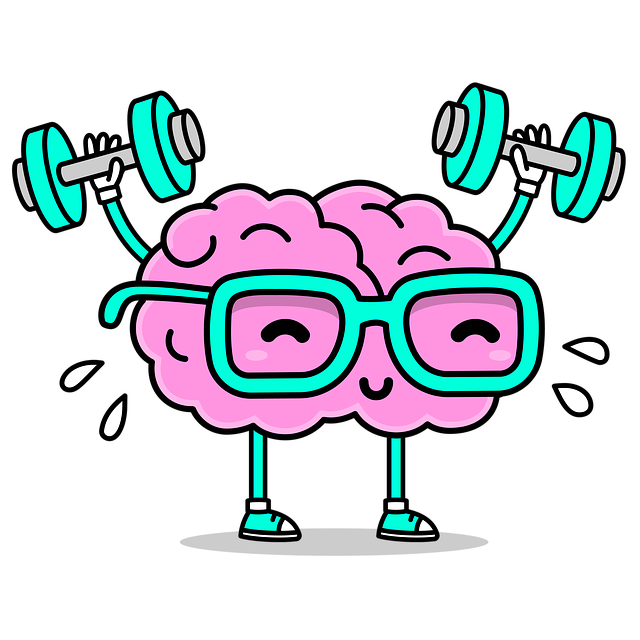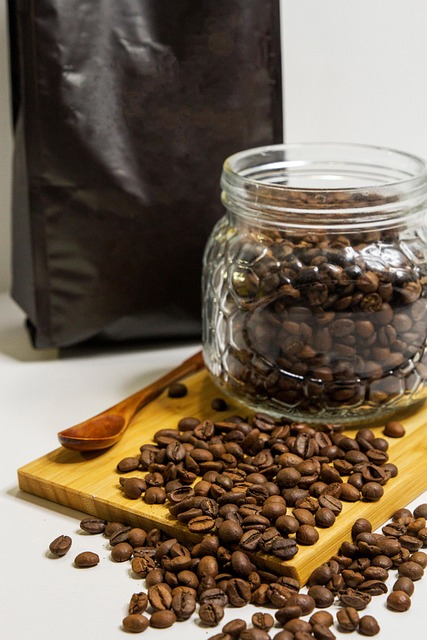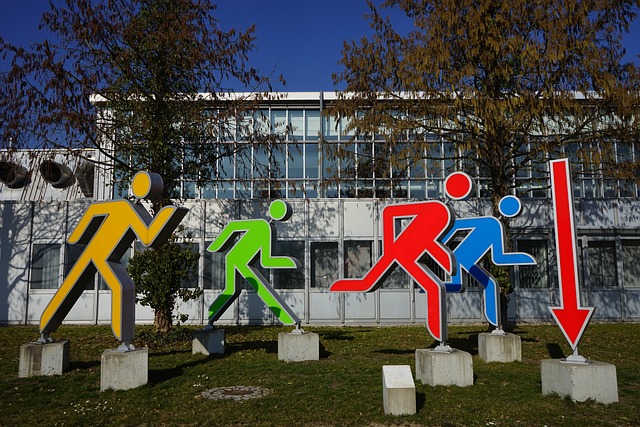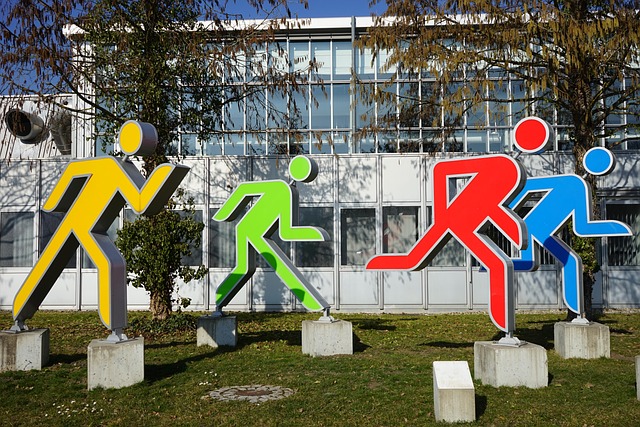Collagen, vital for skin elasticity and youthfulness, decreases with age, leading to wrinkles and loss of firmness. Collagen stimulation through retinol, vitamin C, peptides, microdermabrasion, chemical peels, and lifestyle changes (hydration, sleep, exercise, diet) enhances natural collagen synthesis, improving skin texture, reducing wrinkles, and promoting a youthful complexion. Topical applications and nutritional support are key to collagen boosting, with innovative technologies like peptide stimulation and nano-particle technology offering advanced non-invasive skin tightening methods. Consistency in skincare routine and professional guidance ensure safety and effectiveness.
In the pursuit of achieving youthful, radiant skin, collagen stimulation has emerged as a game-changer. Understanding collagen, the skin’s fundamental structure, is key to harnessing its power for tightening and firming. This article delves into the science behind collagen depletion with age, explores natural boosters, and uncovers diverse strategies for enhancing it. From topical applications and nutritional support to lifestyle adjustments and advanced technologies, discover effective ways to unlock your skin’s potential and embrace a revitalized appearance through powerful collagen stimulation.
Understanding Collagen: The Skin's Foundation

Collagen, often referred to as the skin’s foundation, is a natural protein that plays a pivotal role in maintaining skin elasticity and youthfulness. It’s the main component of connective tissues, including our skin, bones, and muscles. As we age, collagen production naturally declines, leading to reduced skin firmness and an increase in fine lines and wrinkles. Understanding this fundamental building block is crucial for appreciating the impact of collagen stimulation on skin tightening.
Collagen stimulation involves various strategies aimed at enhancing the body’s natural ability to produce collagen. These methods can include topical applications of certain ingredients known to support collagen synthesis, such as retinol, vitamin C, and peptides. Additionally, non-invasive procedures like microdermabrasion or chemical peels can promote collagen regeneration by gently exfoliating the skin and stimulating a repair response. By integrating these approaches into skincare routines, individuals can experience visible improvements in skin texture, tone, and overall tightness.
Aging and Collagen Depletion: A Natural Process

As we age, our skin undergoes natural changes that can lead to a gradual loss of elasticity and firmness. One of the primary contributors to this aging process is the depletion of collagen, a protein essential for maintaining skin structure and youthfulness. Collagen serves as the building block for our skin, providing it with strength and flexibility. However, from our mid-20s onwards, collagen production starts to decline by about 1% each year. This decrease in collagen levels can result in fine lines, wrinkles, and a loss of skin tautness.
The reduction in collagen is primarily due to a combination of factors including decreased cell turnover, hormonal changes, environmental exposure (such as UV radiation), and lifestyle choices. Understanding this natural process is crucial when it comes to exploring effective anti-aging strategies, particularly those focused on collagen stimulation. By addressing the root cause—collagen depletion—it becomes possible to slow down the aging process and achieve a more youthful appearance.
Unlocking Collagen Production: Key Factors

Collagen, the skin’s main structural protein, plays a crucial role in maintaining elasticity and youthfulness. Unlocking its production is a game-changer for skin tightening. Several factors stimulate collagen generation, including certain nutrients, topicals, and lifestyle choices. For instance, vitamin C, a potent antioxidant, has been shown to boost collagen synthesis by protecting the skin from free radical damage and promoting fibroblast activity.
Topical applications of retinoids, peptides, and growth factors are also effective in collagen stimulation. These ingredients signal skin cells to produce more collagen, improving skin texture and reducing fine lines and wrinkles. Additionally, lifestyle habits such as staying hydrated, getting enough sleep, exercising regularly, and maintaining a balanced diet can all positively influence collagen production.
Topical Applications for Collagen Stimulation

Collagen stimulation through topical applications has emerged as a popular strategy in skincare, offering a non-invasive approach to achieving youthful-looking skin. Various products available in the market utilize unique ingredients and technologies to encourage the production of collagen, the primary protein responsible for skin elasticity and firmness. These formulations often contain active substances like retinoids, peptides, vitamin C, and specific plant extracts, each playing a crucial role in signaling fibroblasts to synthesize more collagen.
The process involves carefully selecting products designed to create an optimal environment for collagen synthesis. Retinoids, for instance, boost collagen production while also improving skin texture. Peptides mimic the action of collagen and elastin, enhancing their levels naturally. Vitamin C acts as an antioxidant, protecting collagen from damage and promoting its formation. Topical creams or serums incorporating these ingredients can effectively trigger collagen stimulation, leading to improved skin tone, reduced fine lines, and a more supple complexion.
Nutritional Support for Healthy Collagen

Maintaining healthy collagen levels is essential for skin tightening and overall skin health. Nutritional support plays a crucial role in collagen stimulation, as certain vitamins and minerals are vital for collagen production. For instance, vitamin C is a powerful antioxidant that facilitates the synthesis of procollagen, a precursor to collagen. A deficiency in vitamin C can hinder collagen formation, leading to premature skin aging.
Additionally, zinc, copper, and vitamin A are indispensable for proper collagen function. These nutrients participate in various biochemical processes required for collagen production and maintenance. Incorporating nutrient-rich foods such as citrus fruits, leafy greens, and whole grains into your diet can ensure adequate collagen stimulation, ultimately contributing to a firmer and more youthful complexion.
Lifestyle Choices to Boost Collagen Naturally

Collagen is a key protein for maintaining skin elasticity and a youthful appearance, so boosting its natural production can be a game-changer for skin tightening. While topical creams and treatments offer various solutions, adopting certain lifestyle choices can also stimulate collagen production from within. A balanced diet rich in vitamin C, copper, zinc, and amino acids is essential as these nutrients play a crucial role in collagen synthesis. Foods like citrus fruits, bell peppers, nuts, seeds, and lean proteins are excellent sources to incorporate into your daily meals.
Regular exercise is another powerful tool for collagen stimulation. Physical activity increases blood flow, which delivers oxygen and nutrients to skin cells, promoting collagen production. Additionally, exercises that focus on resistance and strength training can help build and maintain muscle mass, as muscle fibers contain high levels of collagen. Remember, consistency is key; making these dietary and exercise changes part of your routine will contribute to long-term collagen boosting and overall skin health.
Advanced Technologies in Collagen Enhancement

The world of skincare has witnessed a remarkable evolution in collagen boosting technologies, offering innovative ways to enhance this essential protein for skin tightness and rejuvenation. Advanced techniques such as peptide stimulation and targeted delivery systems have emerged as game-changers in the beauty industry. Peptides, known for their ability to signal cellular activity, are now formulated to mimic natural collagen production, stimulating a boost in skin elasticity and a reduction in fine lines and wrinkles.
These cutting-edge methods go beyond traditional collagen topicals by employing scientific principles like nano-delivery and transdermal penetration. Nano-particles can carry collagen-stimulating ingredients deeper into the skin, ensuring maximum absorption and efficacy. Additionally, advanced technologies like light-based therapy and radiofrequency treatments encourage collagen stimulation by promoting cellular repair and collagen synthesis, leading to a more youthful and firm complexion.
Safety and Effectiveness of Collagen-Boosting Treatments

Collagen-boosting treatments have gained significant popularity in recent years as a non-invasive approach to skin tightening and anti-aging. These procedures aim to stimulate the production of collagen, a protein essential for maintaining skin elasticity and youthfulness. The safety and effectiveness of these treatments are areas of growing interest and research. Many clinical studies have shown promising results, demonstrating that collagen stimulation can lead to improved skin texture, reduced wrinkles, and enhanced overall skin appearance.
However, as with any cosmetic procedure, it’s crucial to approach collagen-boosting treatments with caution. Different methods, such as topical creams, injectables, or laser therapies, carry varying levels of risk and potential side effects. It’s essential for individuals considering these treatments to consult with qualified dermatologists or healthcare professionals who can provide personalized advice based on their skin type, medical history, and desired outcomes. This ensures a safe and effective journey towards achieving tighter, healthier-looking skin.
Integrating Collagen Care into Your Routine

Incorporating collagen care into your daily routine is a game-changer for achieving and maintaining youthful, radiant skin. Collagen stimulation is key to tightening and firming your complexion, as it supports the production of this essential protein that keeps our skin supple and elastic. Start by selecting a high-quality collagen serum or cream formulated with ingredients like peptides, vitamin C, and hyaluronic acid, which all work synergistically to boost collagen levels and reduce the appearance of fine lines and wrinkles.
Consistency is crucial when it comes to collagen care. Apply your chosen product(s) regularly—ideally in the morning and evening—for best results. Remember that topical application alone isn’t enough; a balanced diet rich in protein, vitamins, and minerals also plays a vital role in supporting collagen production from within. Additionally, sun protection is essential, as UV exposure can break down collagen fibers over time. Incorporating these simple steps into your skincare routine will help you unlock the full potential of collagen stimulation for skin tightening.
